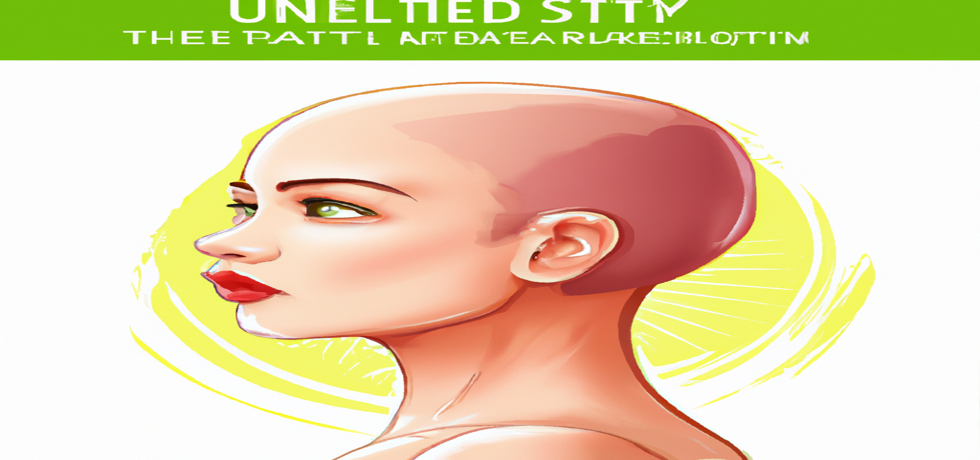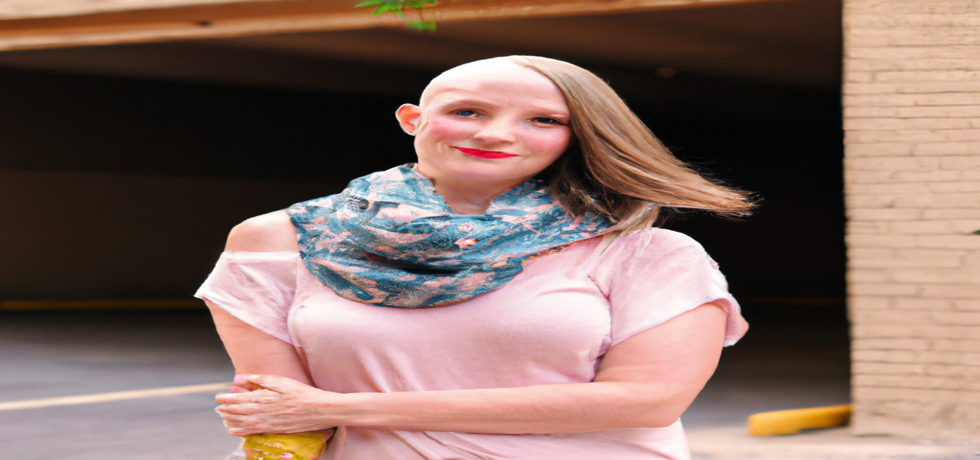Living Boldly with Alopecia Universalis: A Story of Courage Embracing a New Reality Living with alopecia universalis can be a daunting experience. This severe form of hair loss impacts not only the scalp but the entire body, leaving individuals without any body hair. For many, it is a journey filled with challenges, but it can …
Continue reading “Living Boldly with Alopecia Universalis: A Story of Courage”











